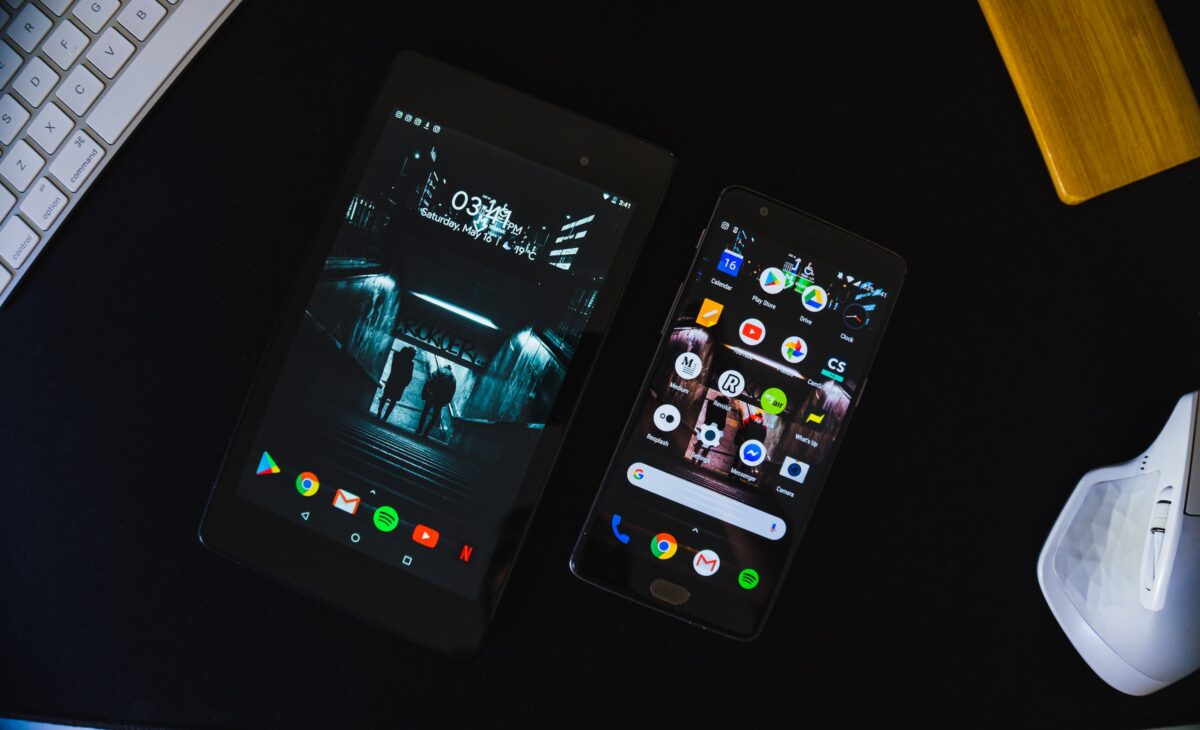Finding Free Wi-Fi While Traveling

Traveling is a pure pleasure and in the present technology-driven world, traveling has become all the more easy, user friendly, and exciting. Unlike the old days, when traveling meant just packing clothes and leaving, today's travel includes a lot more. Rare is the traveler who travels without the technological essentials of today: the iPod, the iPhone (or any other high end phone, like any of the Blackberry or HTC ones), the iPad, a laptop, a digital camera...the list is endless. The majority of these gadgets works or uses the internet, and connects using 3G, wired LAN or Wi-Fi. Now while 3G is just up-and-coming, and is quite expensive, wired LAN requires a physical cable to be attached, and only laptops work using this. The most viable, and also the most widely implemented option, therefore, is Wi-Fi, and this is a service that is already available in most parts of the world, and requires the least hassles, and is the quickest way you can get connected to the internet.
What exactly is Wi-Fi? We've heard the term so often, but very few know what it actually means. It is a means of accessing the internet through signals that travel through air, or wireless signals, which are transmitted to the device that supports Wi-Fi connectivity from a Wi-Fi router, which in turn is physically connected to the internet using a wire. Thus the router transmits, or "routes" signals all around it, usually limited to a particular radius, which depends on the brand of the router. Any device with Wi-Fi capability can access the internet by receiving and transmitting these signals. Thus Wi-Fi is a very user-friendly option, and has been implemented successfully at places all around the world, like airports, coffee lounges, restaurants, schools, colleges, universities, railway stations and hotels. These places, usually called "hotspots", are covered by routers that provide internet access.

In general, because the internet does not come free to anyone, Wi-Fi routers are password-protected, and access to internet is restricted to authorized people. Restricted access is also in force to prevent illegal activities from taking place, and to prevent abuse of the internet. Thus airports, train terminals, and all other places that provide Wi-Fi give out the username and password that enables the user to log on to the Wi-Fi network, for a price. Thus you buy internet, but unlike in cyber cafes, you get to sit wherever you like, and you need your own device that has Wi-Fi capability. So don't be surprised if you go to a place that has "This place is a hotspot" or "Wi-Fi provided here" signs written, and when you turn on your device's Wi-Fi and open up a browser, you see a page asking for a username and a password, or just the password, in some cases. You either need to purchase it for a fixed time, or ask for permission, as many places provide free Wi-Fi for employees, their families, and such. Now while using Wi-Fi at a place that you frequent is an easy process, the real hassle begins when you travel, and need to be connected to the internet constantly. Do not worry because free Wi-Fi is here!
Yes, you heard it right! Free Wi-Fi! How? You ask. Well not everyone sells internet, many provide it for free within a limited distance! There are many airports around the world that offer free Wi-Fi. Many restaurant chains like McDonalds and Starbucks offer free Wi-Fi access at multiple store locations across the world. All you need to do is ask, or check out the website of the particular store that is located in the place you are going to travel. Not just these, many bus companies, hotels, and restaurants offer free Wi-Fi as well. The best way to search for free Wi-Fi would be to search for it. Just turn on the Wi-Fi of your phone or laptop, and in most cases it begins to do an automatic search for Wi-Fi networks in the vicinity. Most likely you will see a list of three or four Wi-Fi networks that have been detected by your device. Now just try out each of them. Most times you can make out the provider by looking at the name of the network. For instance if you are sitting in a McDonalds restaurant, and if your network scan displays a result called "McD", then you can be pretty sure it belongs to the store.
In addition, if you are using a laptop, you can even check for the signal strength of the available Wi-Fi networks in the area and thus choose the strongest one. Laptops are the easiest way to find free Wi-Fi, as they are made for connectivity and the hardware used is very effective in searching for Wi-Fi networks. If you are using a cell phone, then your work may be made easier because many phones now come with pre-installed applications, or apps that search for Wi-Fi networks and even in the absence of Wi-Fi signals can display the locations of free Wi-Fi hotspots in the location that you are present in. Another way you can look for free Wi-Fi is by going to different places like coffee shops, airports, hotels, and restaurants. Many places offer free Wi-Fi so that customers do not miss important assignments, and in a way, also make sure that they will come back, because the service is good. Thus you can find free Wi-Fi in many ways.
However, if you are too lazy to do all the scanning and all the traveling, do not worry. There are just the right tools that will do it for you. Websites, such as wififreespot.com offer a detailed and comprehensive listing of free Wi-Fi hotspots all over the world. They even list by state and by region. Another great option is Wefi, a free application for Windows that uses data given by users and creates databases of free Wi-Fi hotspots, and gives you all the details of the available Wi-Fi networks once downloaded and activated. Similar applications exist for smart phones, and with a little searching in your phone's app store, you can find something very useful. So happy Wi-Fiing!
Advertisement




















Yea, and while you are at it, tattoo your usernames and passwords and on your forehead and paint them in reverse on your car’s windshield.
Do intelligent people really use someone’s unsecured network to do anything more than check the weather or see what’s on CNN? And while I am thinking about it, does anyone who has anything to loose use a wireless network for anything that they cannot afford to loose?
Sure makes me glad the criminals are idiots…
Haven’t tried this myself yet, but read that often the wifi in first class/business/club lounges is often “Open” and getting close to one, you might be able to use it.